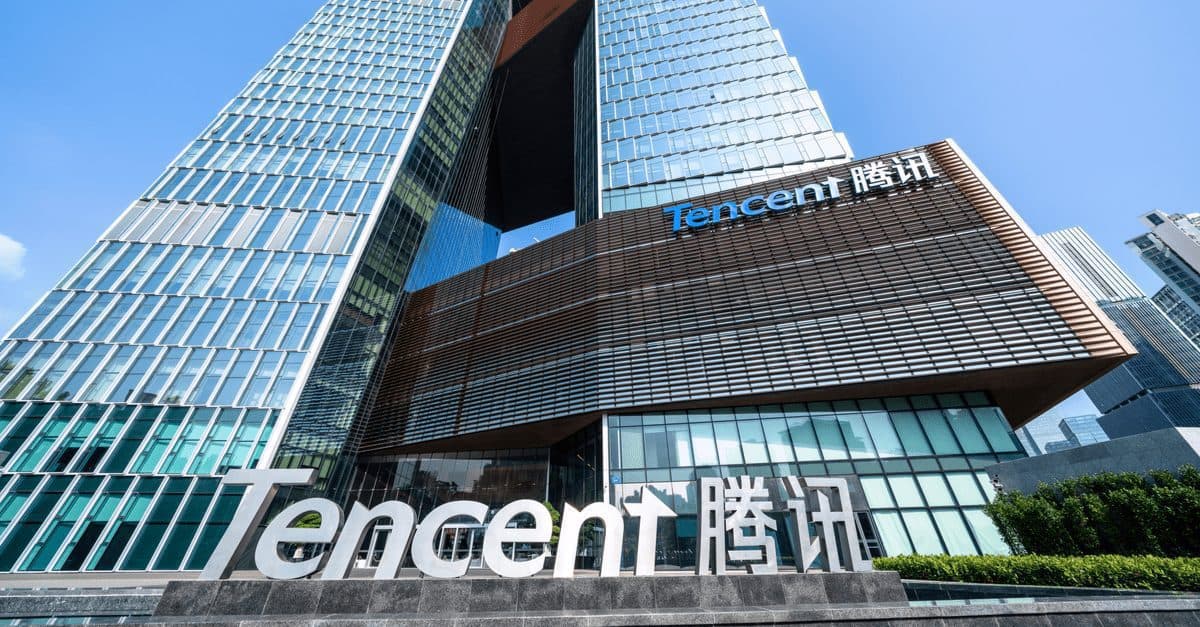China’s Tech Giants: Yes on NFTs, No on Cryptocurrencies
Tencent, JD and Alibaba pledge to not touch virtual currencies when operating their NFT marketplaces.

Tencent office tower in Shenzen, China; Source: Shutterstock
- Three of China’s major tech giants signed a self-regulatory pledge over the weekend to not associate their burgeoning NFT marketplaces with cryptocurrencies
- Tencent, JD and Alibaba pledge brand NFTs as “virtual collectibles”, avoiding the wrath of regulators, for now
China state media reported that three of China’s major tech giants have signed a self-regulatory pledge to keep their growing NFT marketplaces away from cryptocurrencies, eschewing the usual language used by their western counterparts.
Cryptocurrency is on rocky ground in China, as regulators have reinforced their position that bitcoin is without legal standing. However, when it comes to NFTs, the country’s regulators are giving marketplaces some room to operate, provided the assets’ speculative nature is curtailed. Earlier this month, Alibaba and Tencent virtual marketplaces decided to play down the connections between their NFT collections and cryptocurrencies by instead renaming them as “virtual collectibles” and playing down the NFT terminology.
The recently signed agreement by Tencent, JD and Alibaba, known as the “Digital Culture and Creative Industries Self-Regulation Convention” is made up of 11 points that align with Beijing’s broader goals for the digital economy. They include “preventing money laundering, promising dissociation with virtual currency, upholding consumers rights, and promoting national culture” among others.
China’s Blockchain Service Network, its national infrastructure to promote blockchain technology for both government and private sector use, is also in the process of launching an NFT marketplace, although it is also playing down the connections in terminology to cryptocurrency by instead promoting its own term: “digital distributed certificate”.
At the same time, Huobi, which is not a signatory to the agreement, announced today that it is launching its own NFT market called Huobi NFT as part of its own broader metaverse strategy.
“Huobi has been working on projects in the GameFi and NFT markets, so the launch of the Huobi NFT marketplace has been in the works for some time. We look forward to introducing this project to our global community,” Jeff Mei, Director of Strategy at Huobi Group, said in a release.
Huobi recently shut down its China-based derivatives trading desk as part of a strategic withdrawal from the China market, given the uncertain legal environment around digital asset trading within the country.






